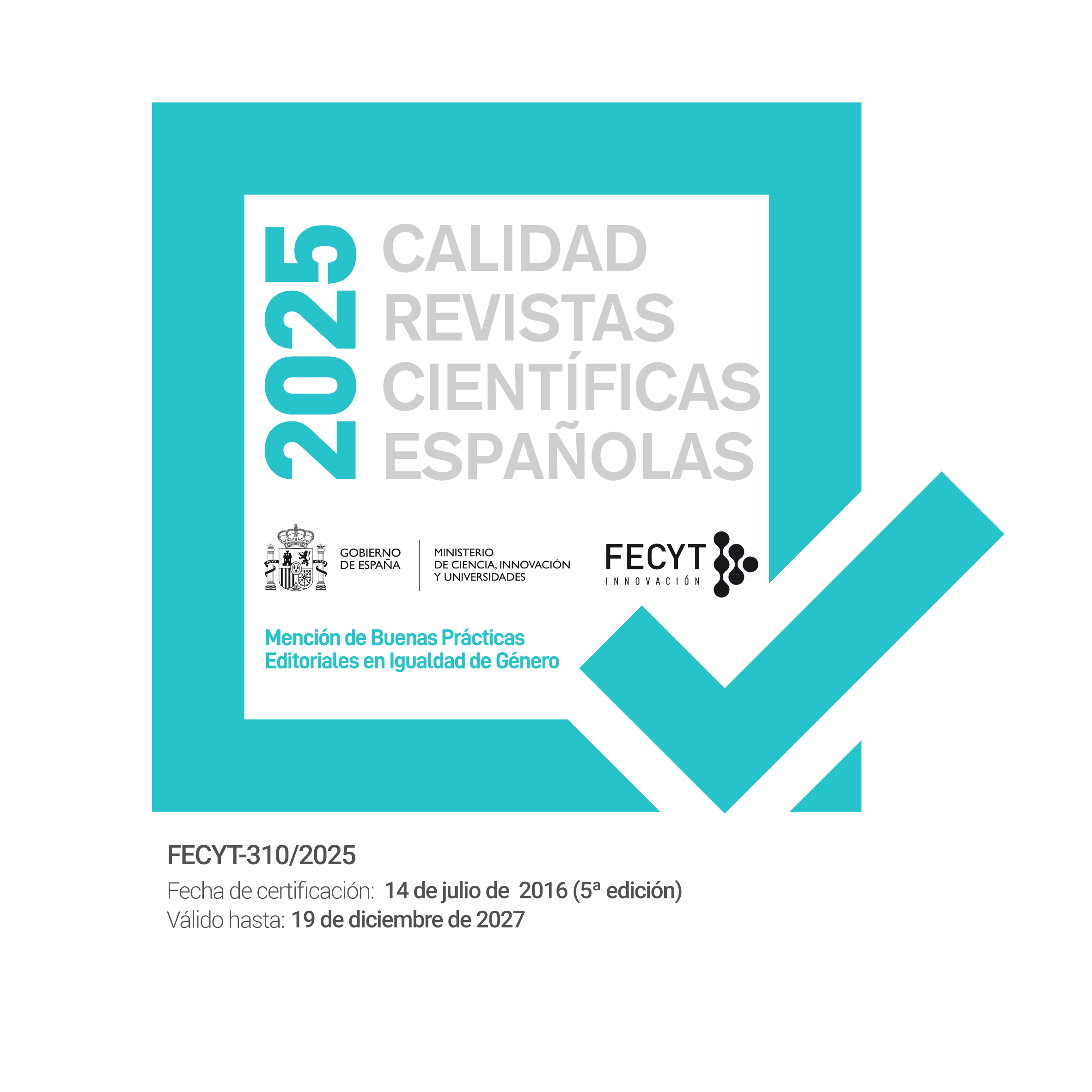Cierre de envíos
Estimadas y estimados autores,
Los envíos se realizarán a través de https://revistas.um.es/rifop/index ya que la revista se ha migrado al repositorio de revistas alojadas en la Universidad de Murcia.
El histórico de trabajos seguirá activo en recyt.
Atentamente, el equipo editorial.
Read more about Cierre de envíos





